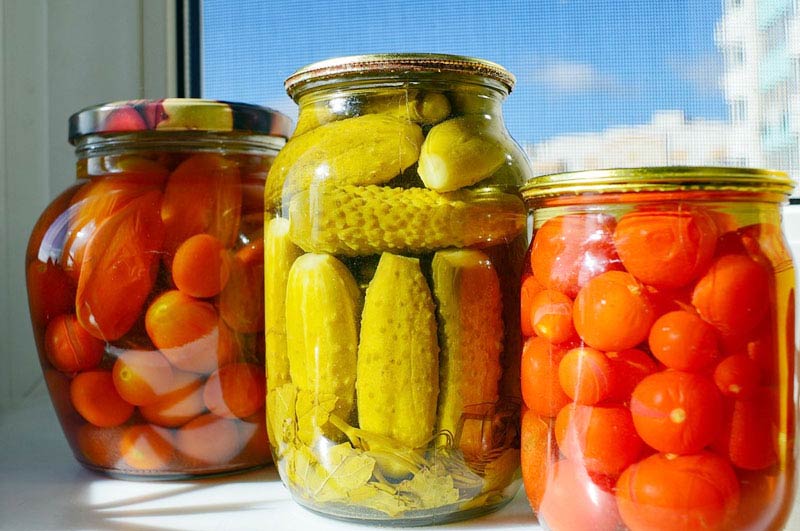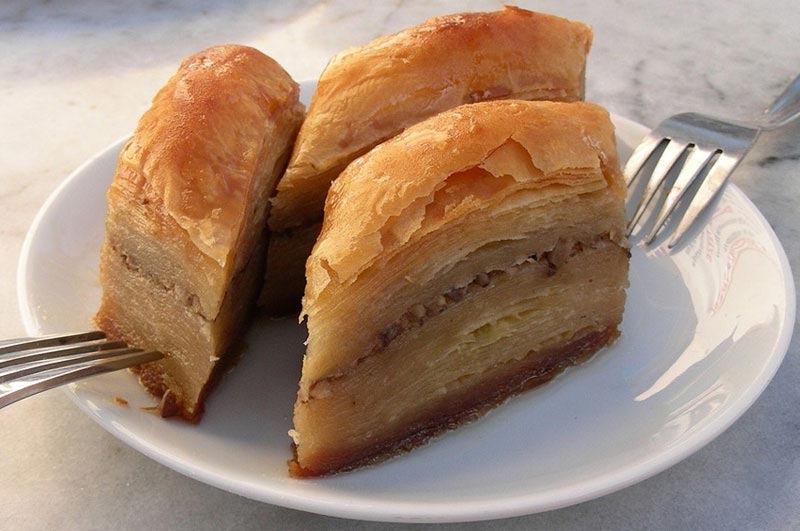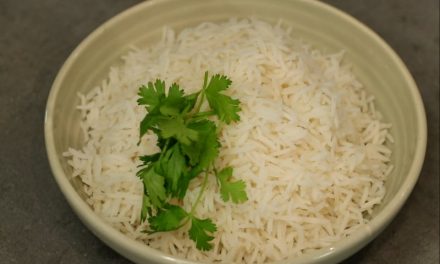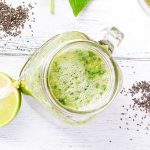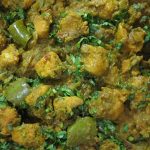Saying Fermentation in different languages:
French – fermentation
Spanish – fermentación
Gujarati – આથો
Hindi – किण्वन
Fermentation is the process of converting carbohydrates to alcohol or organic acids using microorganisms—yeasts or bacteria—under anaerobic conditions.
In fermentation, food is exposed to bacteria and yeasts, either via inoculation or naturally through the air. Beneficial microorganisms beat out the kind that can kill you, and eat up the carbohydrates in the food. The results are interesting flavors, textures, and smells. Before refrigeration, curing meats, pickling vegetables, and clabbering milk was the only way to extend the life of perishables.
Benefits:
If fermented foods haven’t been cooked, they are really good for you as cooking kills off the beneficial bacteria.
Popular Fermented Foods:
Widely consumed fermented foods include vinegar, olives, and cheese. More localised foods prepared by fermentation may also be based on beans, grain, vegetables, fruit, honey, dairy products, fish, meat, or tea.

